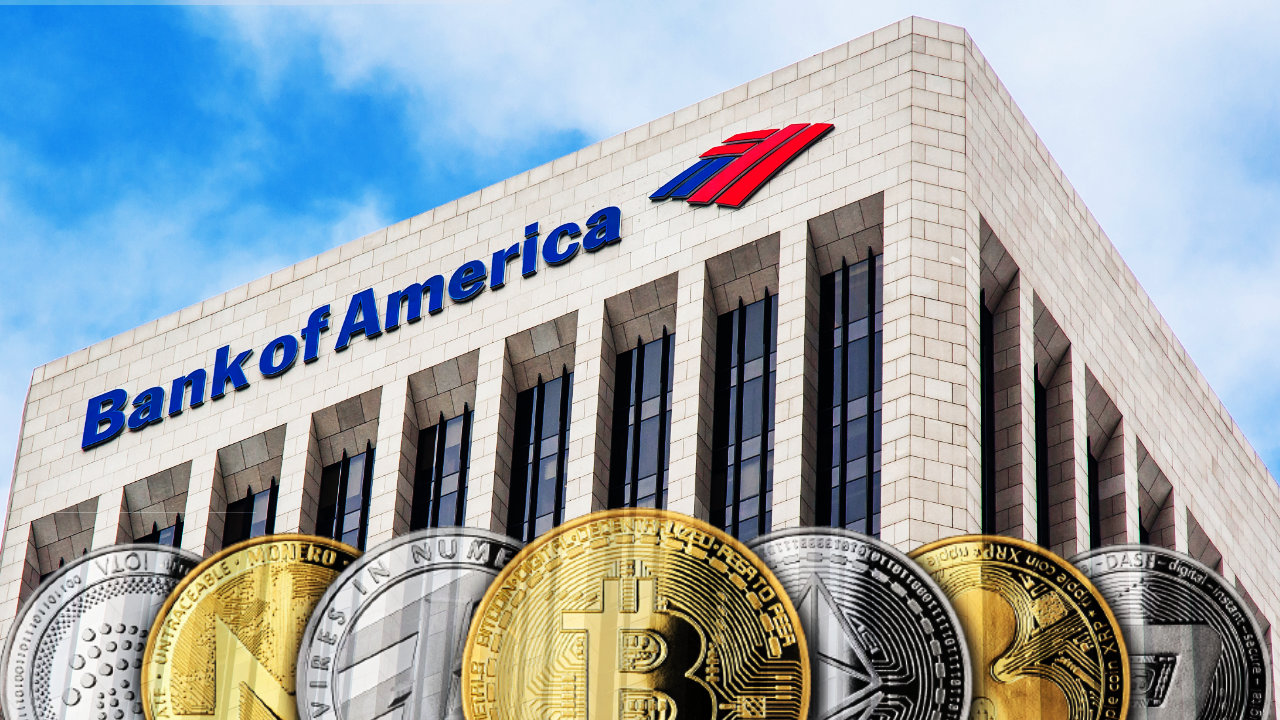What Happens When a Crypto Exchange Goes Bankrupt?
As a crypto enthusiast, I’ve always been fascinated by the world of cryptocurrency. However, with the rise of exchanges and trading platforms, a major concern has emerged: what happens when a crypto exchange goes bankrupt?
In July 2022, two major crypto trading platforms, Voyager and Celsius, declared bankruptcy. In November 2022, crypto exchange FTX suffered a major liquidity crisis and filed for Chapter 11. The domino effect was inevitable, with BlockFi, Genesis, and 3AC (a hedge fund) failing in 2023.
The million-dollar question is: what does this mean for investors who have their money stuck in these exchanges? The answer lies in understanding the bankruptcy process and the risks involved.
Key Takeaways
When a crypto exchange declares bankruptcy, accounts are likely to be frozen to prevent losses, theft, or mass withdrawals. Investors will need to file a claim and wait for the process to complete. Claims are paid out in order of creditor priority, and cryptocurrency holdings are not protected by government-backed insurance.
Your Exchange Accounts Might Be Frozen
The bankruptcies of FTX, Voyager, Celsius, BlockFi, and others highlight the unique risks that cryptocurrency holders and investors face when trusting crypto firms with their funds. One of the most pressing risks is that you might lose access to your funds.
After so many failures, hacks, and schemes involving cryptocurrency, freezing accounts has become a common practice when a cryptocurrency exchange is experiencing technical or security issues. This practice is supposed to keep funds in place so that if a bankruptcy occurs, all creditors can be paid accordingly, and customer funds are not lost.
- Accounts Frozen, Investors Left in the Dark*
You’ll Need to File a Claim
When an exchange files for Chapter 11 bankruptcy, the court will appoint someone to act as CEO during the company’s restructuring. This entity will take stock of the exchange’s assets, debts, and other obligations and work with lawyers and the judge to create a payback or restructuring plan.
Once approved by creditors and the judge, the distribution process begins. However, it may take some time as the restructuring team needs to collect claims from all creditors. The claim process may require completing forms, confirming your address and payment information, and keeping up with any other necessary paperwork to get your crypto or cash returned.
You’ll Be Paid Based on Creditor Priority
During Chapter 11 bankruptcy proceedings, there will be a clear chain of creditor priorities published. The bankrupt company must produce a detailed schedule of assets and liabilities, among other financial statements and reports. During the bankruptcy process, the company, lawyers, and a bankruptcy judge work to determine who gets paid back, how much, and in what order.
“The legal code states that, in general, the first payments are made to secured creditors. Once those obligations are met, funds must be used to repay debts to unsecured creditors.” - Investopedia
Your Cryptocurrency and Funds May Not Be Insured
While confusing marketing messages have led investors to believe otherwise, cryptocurrency holdings are not insured by the Federal Deposit Insurance Corp. (FDIC), and many exchanges are not covered by the FDIC even if they hold funds for customers.
Before Investing, Be Cautious
There are many legitimate and honest cryptocurrency-related businesses, but there are just as many that are not. Some scams even appear to be large, successful businesses and attract vast numbers of retail and enterprise clients. These are the circumstances in which caution should be exercised.
- Cryptocurrency Scams on the Rise*
In conclusion, a bankruptcy at any financial institution that you work with can be stressful, confusing, and costly. In the cryptocurrency industry, customer confusion and losses can be even worse. But rather than panic, it’s best to let the bankruptcy process pan out to determine exactly what you’ll get back.
“There’s a risk that cryptocurrency investors might not get any of their money or crypto back after bankruptcy, but there’s also a chance that they will get something back - even if it’s just a portion of their original investment.” - Crypto Expert
Remember, it’s essential to exercise caution when dealing with cryptocurrency exchanges and to stay informed about the risks involved.
- Cryptocurrency Risks: Know Them Before You Invest*


 Photo by
Photo by 











